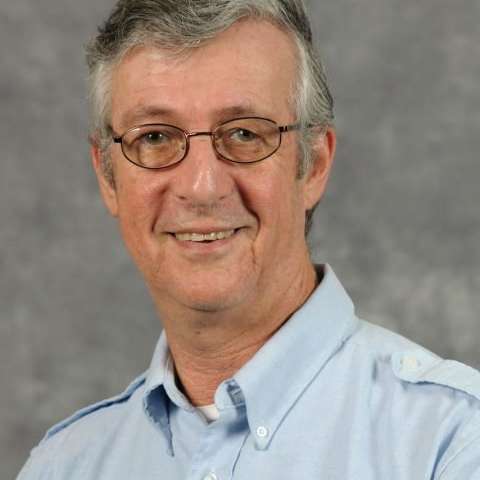Could cognitive interview unlock memories in Kavanaugh debate?

The creator of the cognitive interview believes his technique could yield new information into allegations made against United States Supreme Court nominee Brett Kavanaugh.
Florida International University psychology professor Ronald Fisher, one of the leading investigative interviewing researchers in the world, created the cognitive interview as a way to draw out more details from witnesses' memories. He has trained investigators from a variety of federal agencies including the FBI.
During questioning of Christine Blasey Ford in the Senate Judiciary Committee hearing, Prosecutor Rachel Mitchell asked Ford if she had participated in a cognitive interview regarding her sexual assault allegations.
Ford alleges Kavanaugh attacked her in the summer of 1982. Kavanaugh has denied those allegations. Mitchell specifically cited Fisher's research, pointing out the value of the interviewing technique in helping witnesses recall details that they have forgotten.
"I think her reference to the cognitive interview was an excuse as to why [a Senate hearing] is not the best thing to do, but we do have a lot of scientific evidence that there are much better ways to conduct [Ford's] interview," Fisher said. "And that would be the cognitive interview."
Fisher said Blasey Ford would be the most important person for the FBI to interview in an investigation on the allegations. He also said the people who were at the get-together but did not witness the alleged assault could provide valuable information through cognitive interviews. He also suggests Kavanaugh should participate in a cognitive interview. Fisher said he would love to conduct the interviews to help uncover missing information.
"Some of the other people could have something to offer—details about other experiences with Kavanaugh," Fisher said.
According to research conducted on cognitive interviews, the technique can generate up to 60 percent more information than a traditional interview. Investigators trained to conduct cognitive interviews ask as few questions as possible. Witnesses can provide long narrative responses that contain more information without the anticipated interruptions of a question-and-answer format.
"The cognitive interview is the most empirically validated, used and trained witness interviewing approach in the world," said FIU legal psychologist Nadja Schreiber Compo during a recent conference honoring Fisher and his impact on the field of investigative interviewing.
Fisher developed the cognitive interview after two random conversations with two different friends. The first had lost his wallet. The second, her glasses. After each had a conversation with Fisher, they found their lost items. That got Fisher thinking—what if the same, conversational approach could help draw out information from witnesses in criminal investigations? He conducted several studies of police interview techniques, revealing the strong advantages of his unique style of questioning. Today, it is used by the FBI; National Transportation Safety Board; Bureau of Alcohol, Tobacco, Firearms and Explosives; the United States military; national security agencies and others.
Provided by Florida International University